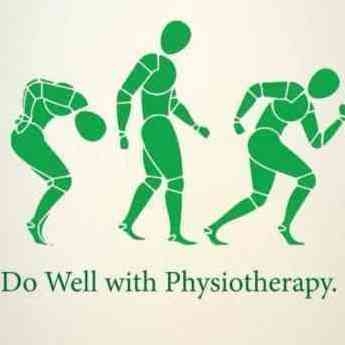+918042754929

This is your website preview.
Currently it only shows your basic business info. Start adding relevant business details such as description, images and products or services to gain your customers attention by using Boost 360 android app / iOS App / web portal.
Amyotrophic lateral sclerosis (ALS), Lou Gehrig's disease. ******************************************************** also known as motor neurone disease (MND) or Lou Gehrig's disease, is a specific disease that causes the death of neurons controlling voluntary muscles. Some also use the term motor neuron disease for a group of conditions of which ALS is the most common. Henry Louis Gehrig was an American professional baseball first baseman who played 17 seasons in Major League Baseball for the New York Yankees. Gehrig was renowned for his prowess as a hitter and for his durability, which earned him his nickname "The Iron Horse. is a specific disease that causes the death of neurons controlling voluntary muscles. In 1963, Hawking was diagnosed with an early-onset slow-progressing form of motor neurone disease (MND; also known as amyotrophic lateral sclerosis "ALS" or Lou Gehrig's disease) that gradually paralysed him over the decades. Diagnosis. ********** ALS is primarily diagnosed based on detailed history of the symptoms and signs observed by a physician during physical examination along with a series of tests to rule out other mimicking diseases. However, the presence of upper and lower motor neuron symptoms strongly suggests the presence of the diseas Symptoms. ********** Gradual onset, generally painless, progressive muscle weakness is the most common initial symptom in ALS. Other early symptoms vary but can include tripping, dropping things, abnormal fatigue of the arms and/or legs, slurred speech, muscle cramps and twitches, and/or uncontrollable periods of laughing or crying. between the ages of 55 and 75 There are several potential risk factors for ALS including: Age. Although the disease can strike at any age, symptoms most commonly develop between the ages of 55 and 75 Gradual onset, generally painless, progressive muscle weakness is the most common initial symptom in ALS. Other early symptoms vary but can include tripping, dropping things, abnormal fatigue of the arms and/or legs, slurred speech, muscle cramps and twitches, and/or uncontrollable periods of laughing or crying. How to prevent ALS. ******************** ALS May Be Prevented By Eating Colorful Fruits And Vegetables. Eating bright colored foods, especially those that are yellow, orange, and red, may prevent or slow the onset of amyotrophic lateral sclerosis (ALS). There are 4 stages to ALS. ************************* Stage 1- The Beginning. There are several changes which happen in the muscles as well as the physical appearance and effects as well. ... Stage 2- The Middle. ... Stage 3- The Late Stage. ... Stage 4- The Ending. Causes. ******* Other possible causes of ALS include: Disorganized immune response: The immune system may attack some of the body's cells, possibly killing nerve cells. Chemical imbalance: People with ALS often have higher levels of glutamate, a chemical messenger in the brain, near the motor neurons. ALS genetic? ************ Most of the time ALS is not inherited. In about 90% of cases, the person is the only member of the family with the disease. ... The cause of sporadic ALS is not well understood, but may be due to a combination of environmental and genetic risk factors. About 10% of cases are considered “familial ALS” (FALS) Physiotherapy exercises. ************************ Can exercise prevent ALS? Exercise may have many benefits for ALS patients, including reducing depression and improving strength and stamina. ... Regular and moderate exercise is better than excessive exercise. It is important for patients to avoid overworking their muscles. Treatment medicine, food. ************************* The Food and Drug Administration has approved two drugs for treating ALS: Riluzole (Rilutek). Taken orally, this drug has been shown to increase life expectancy by three to six months. ... Edaravone (Radicava). This drug, given by intravenous infusion, has been shown to reduce the decline in daily functioning.

 +918042754929
+918042754929